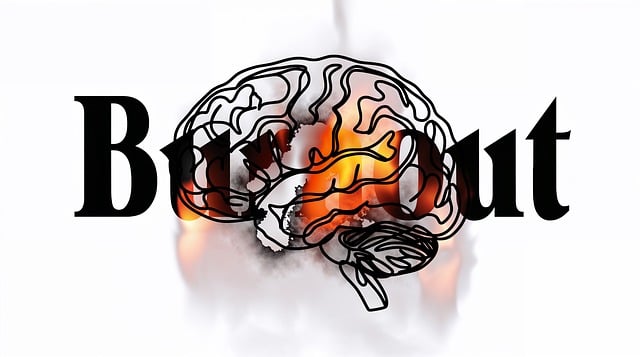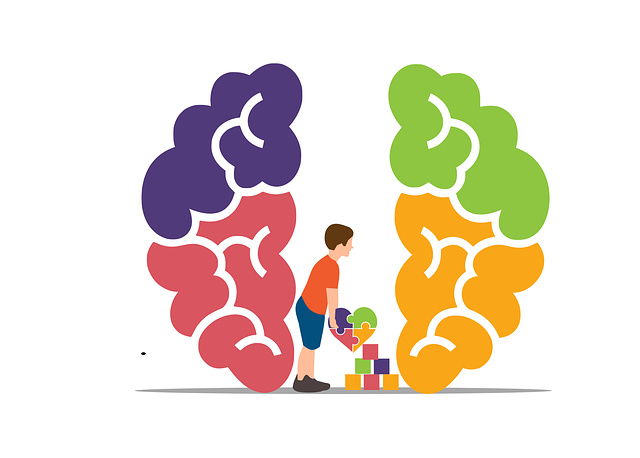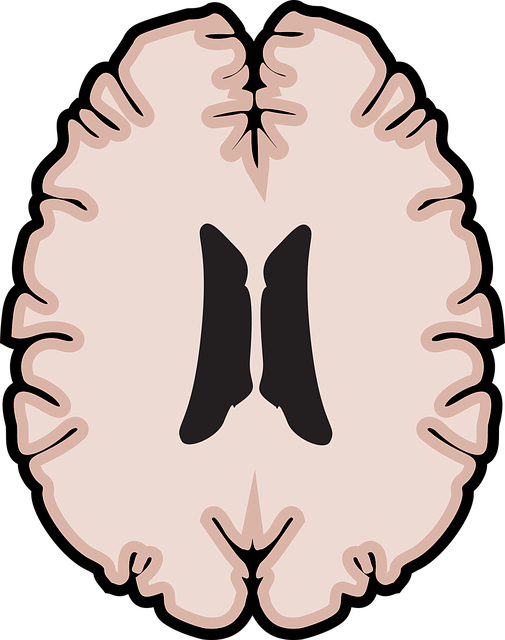Boulder Suicide Prevention Therapy emphasizes understanding individual mental wellness needs through stressor recognition, offering tailored programs like conflict resolution and stress management. A robust self-care routine, integrating physical exercises, creative pursuits, nature time, and sleep hygiene, is crucial for maintaining mental health, alongside emotional regulation techniques. This therapy promotes resilience, balance, and inner peace by aligning self-care with personal values and cultural backgrounds, fostering sustained mental wellness.
“Unwind, recharge, and prioritize your mental wellness with a tailored self-care routine. This comprehensive guide, inspired by Boulder Suicide Prevention Therapy, takes you on a journey to discover the essence of self-nurturing. Learn how to identify your unique mental wellness needs through reflecting on stressors and triggers. Explore building blocks for a robust self-care routine, incorporating activities that foster resilience. Discover practical strategies to seamlessly integrate self-care into daily life, ensuring consistency and long-term mental wellness.”
- Understanding Your Mental Wellness Needs: Reflecting on Stressors and Triggers
- Building Blocks for a Self-Care Routine: Activities and Practices to Foster Resilience
- Integrating Self-Care into Daily Life: Strategies for Consistency and Sustaining Mental Wellness with Boulder Suicide Prevention Therapy
Understanding Your Mental Wellness Needs: Reflecting on Stressors and Triggers

Understanding your mental wellness needs is a crucial first step in developing an effective self-care routine. Reflecting on stressors and triggers unique to your life can provide valuable insights into what supports and sustains your well-being, versus what may exacerbate challenges. Like navigating a complex landscape, every individual’s mental health path differs. Some common sources of stress include work pressures, relationship dynamics, financial worries, or traumatic experiences. Recognizing these triggers is akin to mapping out a route, enabling you to pack the right tools and prepare for potential obstacles along the way.
Boulder Suicide Prevention Therapy emphasizes the importance of mental health education programs design that caters to individual needs. By integrating conflict resolution techniques and stress management strategies into your routine, you can better equip yourself to handle life’s curveballs. These practices not only foster resilience but also promote a sense of balance and inner peace, allowing you to thrive rather than merely survive.
Building Blocks for a Self-Care Routine: Activities and Practices to Foster Resilience

Building a robust self-care routine is an essential aspect of maintaining and improving mental wellness. It involves integrating various activities and practices into daily life to cultivate resilience, much like Boulder Suicide Prevention Therapy focuses on empowering individuals through specialized support. This can include physical exercises such as yoga or meditation, which have been proven effective in reducing stress and enhancing emotional well-being. Engaging in creative pursuits, spending time in nature, and connecting with supportive communities are also foundational elements.
Furthermore, self-care routines should prioritize consistent sleep patterns, a balanced diet, and limited screen time, especially before bed. Incorporating these practices into your schedule can significantly contribute to managing stress levels and promoting overall mental health, much like Stress Management Workshops Organization initiatives. Self-esteem improvement techniques, such as journaling or setting achievable personal goals, can also be integrated to foster a positive self-image and build resilience against challenges.
Integrating Self-Care into Daily Life: Strategies for Consistency and Sustaining Mental Wellness with Boulder Suicide Prevention Therapy

Integrating self-care into daily life is a cornerstone of maintaining mental wellness, and Boulder Suicide Prevention Therapy offers valuable insights into establishing consistent routines. Consistency in self-care practices allows individuals to cultivate emotional regulation, which is vital for managing stress and preventing mental health crises. This involves setting aside dedicated time for activities that nurture the mind, body, and spirit—from engaging in physical exercise, practicing mindfulness or meditation, to pursuing hobbies and connecting with loved ones.
Boulder Suicide Prevention Therapy emphasizes cultural sensitivity in mental healthcare practice, encouraging individuals to embrace self-care routines that align with their personal values, beliefs, and cultural backgrounds. This holistic approach recognizes the interconnectedness of emotional, psychological, and social factors that influence one’s overall well-being. Additionally, risk assessment for mental health professionals is a crucial aspect, as it helps identify potential risks and triggers among clients, enabling therapists to guide them toward adaptive coping strategies and self-care habits that promote sustained mental wellness.
Developing a robust mental wellness self-care routine, tailored to your unique needs through understanding stressors and triggers, is a powerful tool. By incorporating essential activities and practices suggested in this article—and with strategies to integrate them into daily life from Boulder Suicide Prevention Therapy—you can foster resilience and maintain mental wellness. Remember, consistency is key, and by making self-care a priority, you’re taking significant steps towards a healthier, happier mind.














